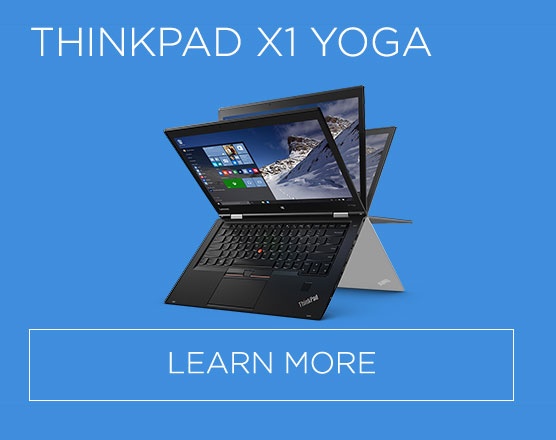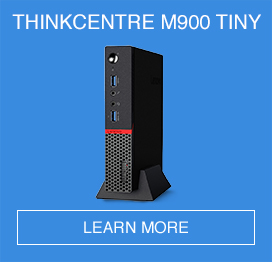There could be an easier way for your customers to manage and share their info with you.
Some of the biggest companies in the world have discovered that maintaining and growing customer trust is getting more and more difficult, especially when acting as custodians for customers’ personal data. Look what happened to Spotify last August when the music service tweaked its privacy policy: Users took to social media to share their suspicions and even threatened to switch away to other services. If you’re running a small business, you have even less margin for error. In this digital economy, one of the most overlooked ways to gain customer trust is the effort you put into securing their information.
With the headlines announcing major data leaks, security breaches, government surveillance, and hacking activities, consumers tend to be more reluctant than ever to share their personal information. If your business can’t give them a good sense of how their data will be secured and the future uses of shared data, why should they take a chance on you?
Most businesses tend to focus only on data protection for privacy compliance, and they are missing out on a strategic opportunity. Implementing “consent technology” to allow consumers to control data sharing themselves is key to building a trusted relationship. Depending on the nature of the online services your business presents and the partners you work with, sharing scenarios might involve simple user profile data, shopping wish lists, clothing sizes, travel preferences, or other data. Allowing consumers to control the sharing of this data with other people or companies can lead not only to new marketing opportunities and greater customer trust, but potentially a stronger compliance regime as well, given the larger role of consent in the new EU data protection regulations.
UMA: A NEXT-GENERATION STANDARD
The next generation of privacy and security standards is starting to emerge and is being implemented in industries such as patient-centric healthcare IT to help solve this problem. A key standard coming to the forefront is User-Managed Access, or UMA for short. UMA is a web protocol created by the Kantara Initiative. Think of UMA as a digital gatekeeper that allows a consumer to manage, define, and monitor detailed sharing preferences over their data from multiple sources. Consumers have the ability to choose who gets to see the data, what type of data gets sent, and how long it can be accessed.
One of the firms supporting UMA is San Francisco-based open source company ForgeRock. Eve Maler, vice president of Innovation & Emerging Technology at ForgeRock and founder and chair of the Kantara UMA work group, comments, “Forming trusted digital relationships with customers is no longer optional, and it’s important to make ‘consent tech’ be as easy to add to API and application ecosystems as possible through standards. We’re proud to have delivered the first end-to-end identity platform that supports the UMA standard.”
There you have it: Earning customer trust requires businesses to act in a trustworthy fashion. Seems like a simple equation.
This story first appeared on http://shop.lenovo.com/us/en/landingpage/small-business?redir=y&redir=y&redirsrc=3
















